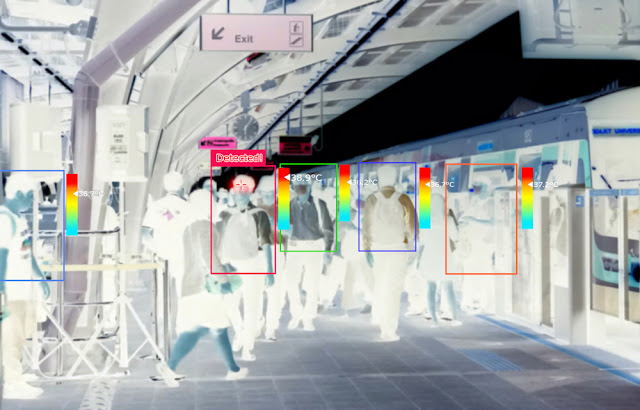What will air travel be like after the Coronavirus?
Some countries are looking at lifting, rather relaxing post-pandemic curfews and lockdowns and some countries are waiting for the herd immunity to pass the 60% mark and other countries anxiously looking at their flattening curves. Sooner or later, people will be able to go to the grocery again, drive around the neighborhood and take a staycation. Then people will drive a little further and eventually start to go back on vacation. How long will it take for all this to happen? Well, only the virus can tell, however, we optimistically predict that this would happen within the next 2-5 months.
What about jump on a plane and cross the state or the country border? Well, figuring out that is the primary objective of this post. Right now there are two main challenges for air travel. Obviously there's the Coronavirus, and then there's the massive economic hit all airlines around the globe took because of the virus. Virgin Australia and Virgin Atlantic had recently asked for a bailout from the Australian and UK governments. By mid-May, many other airlines will follow Virgin. With more airplanes grounded and airlines calling bankruptcy, even if you want to cross borders when things are settled, air travel could still be challenging. The other challenge would be the new health controls enforced by airlines. Right now traveling in an airplane is more like, taking a trip to the space.
In China, the cabin crew is using fully covered personal protective equipment (PPE). The passengers are required to take a PCR test at the airport. It usually takes 5-6 hours to get results from the PCR, therefore long waits to be expected at airports. And when you get the boarding pass, you are given a large sticker with your seat number printed and you should stick it in a place where it's visible to everyone. Everywhere you go, there's a designated area reserved for you with your seat number printed and you're expected to stay there until the authorities call for you. It will be a global trend soon. Emirates is already carrying out an onsite rapid test for COVID-19 at the Dubai airport. Etihad is already working on adding automated symptom detecting machines to the Abu Dhabi airport. Part from that all airlines will try to minimize operations that require physical contact.
If you could face all checks and challenges at the airport and finally board the flight, still there will be challenges to entry at your destination airport. If your government is issuing any sort of health certificate, carrying them with you to the immigration check would be wiser. Many countries will enforce such certificates as a visa requirement. And at your destination country, you'll have to go through various checks, tests and follow disinfection procedures and after everything, you'll be asked to spend 14 days at a quarantine facility near the airport.
And travelers you should be mentally prepared for all these and should be fit enough to handle the pressure and frustration you might get by long waits, lots of questioning, submitting the same set of details multiple times, etc. Face masks will be mandatory and you won't be able to touch and feel duty-free items anymore. All in all, post-pandemic air traveling will never be the same as before.



Comments
Post a Comment